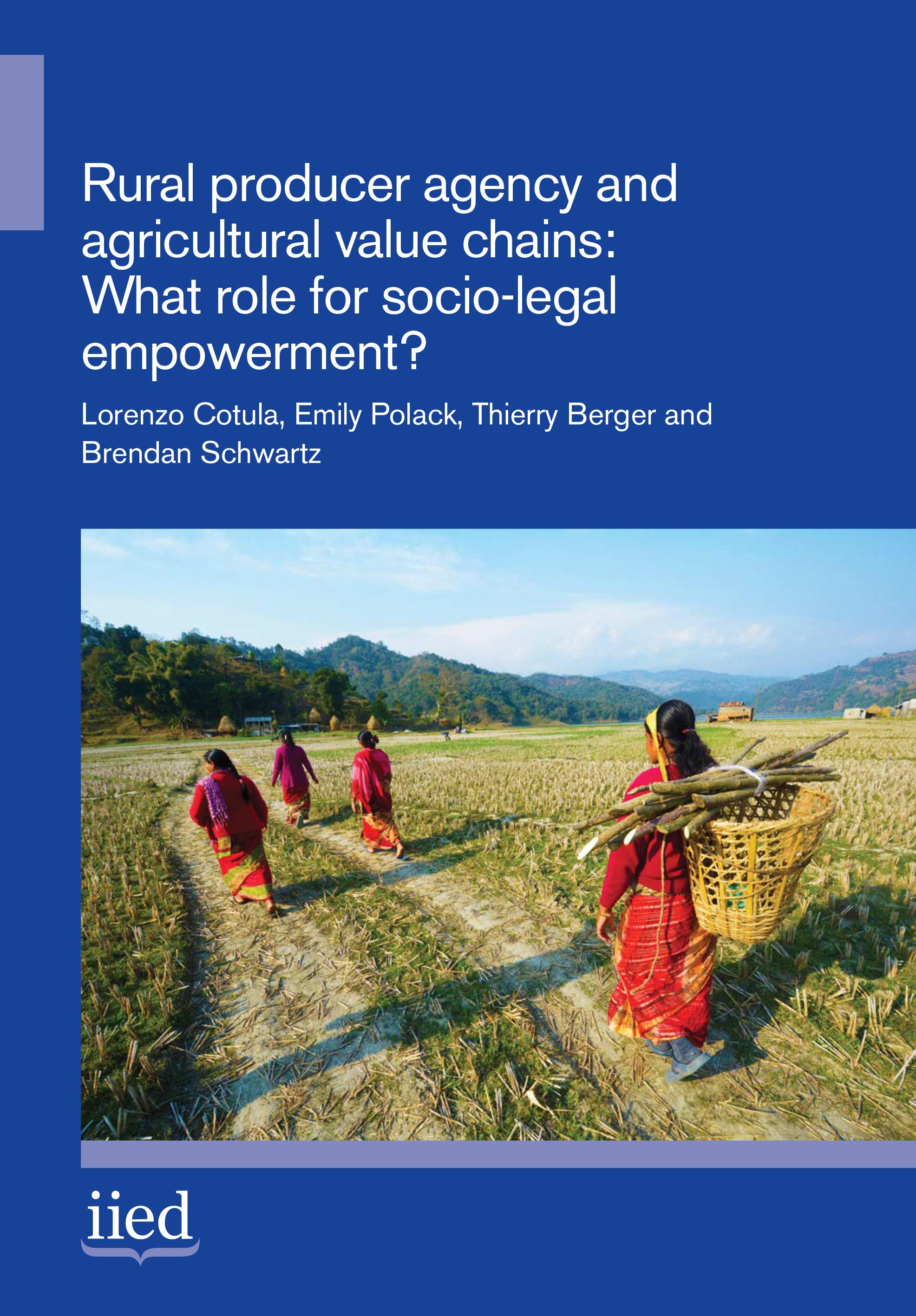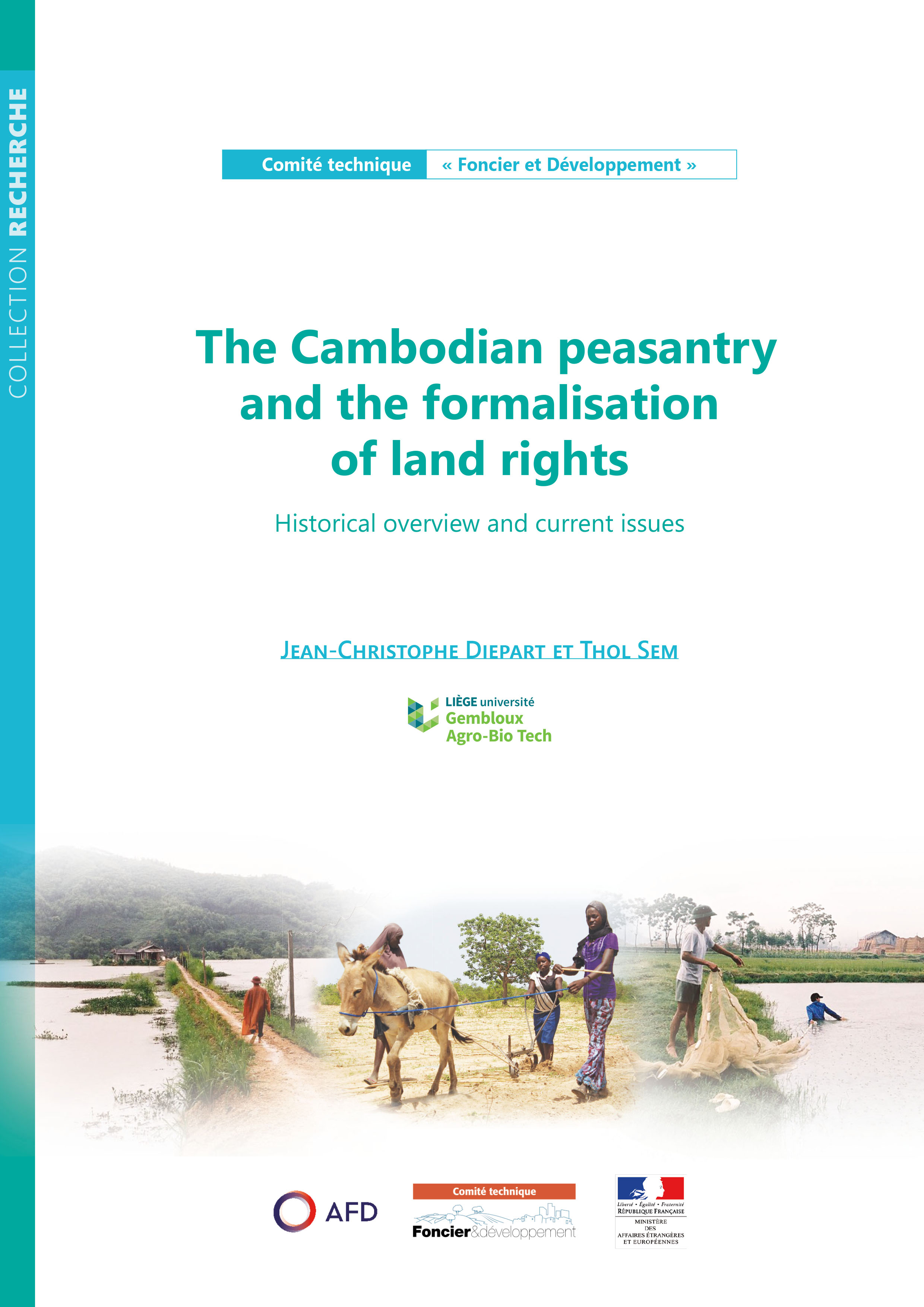From "Land to the Tiller" to the "New Landlords"? The Debate over Vietnam's Latest Land Reforms
Between Vietnam's independence and its reunification in 1975, the country's socialist land tenure system was underpinned by the principle of "land to the tiller". During this period, government redistributed land to farmers that was previously owned by landlords. The government's "egalitarian" approach to land access was central to the mass support that it needed during the Indochinese war.




